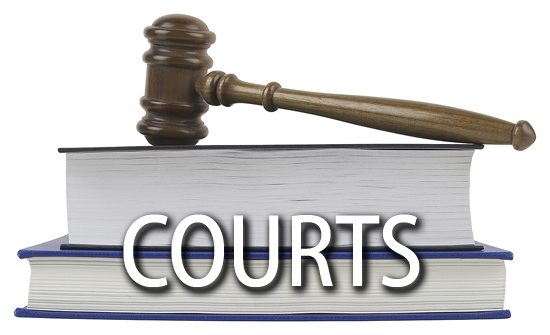Christopher White, a forty four year old Lowell, Massachusetts man is facing charges of Possession of Child Pornography and Distribution of Child Pornography following the execution of a Search Warrant at his Jackson Street home. Authorities allege that a search of White’s computer revealed somewhere around twenty five thousand images of child pornography. The article is silent as to how the police were led to White’s home and the basis for the application for the search warrant. The case is currently pending in the Lowell District Court however if the district attorney elects to pursue the distribution charges the matter must be prosecuted in the Middlesex County Superior Court in Woburn or Lowell.
Read Article:
Lowell, Massachusetts Child Pornography Defense Law Firm
Lawyers Defending Obscene Material Charges in Massachusetts
This article says very little about the strengths and weaknesses of the district attorney’s case against White. The simple execution of a search warrant leading authorities to unlawful acts does not come close to satisfying the prosecution’s burden of sustaining a case like this one. There must be something linking the defendant, in this case White, to the illicit material.
Here is something to think about when looking at this case. Did White have any roommates? Was the computer secure? In other words did someone need a password to get into it or was the device accessible to anyone who had access to the home? How did law enforcement learn that activity like this was taking place? Was there some sort of file sharing such as peer to peer networking involved? The answers to these questions can determine whether or not the prosecution can survive preliminary challenges.
The penalty for Distribution of Child Pornography in Massachusetts is ten years on state prison. This is a minimum mandatory sentence meaning that anyone convicted of this offense will not be paroled until he serves at least ten years of his sentence. This fact alone makes it extremely important that you choose the right criminal defense lawyer to defend you if you are charged with this crime.
Our office has successfully defended charges like this on several occasions. Every case is different and there are always defenses to cases no matter how strong you might think this case is against you. If you get arrested and charged with any Sex Crime in Massachusetts you need a lawyer.
 Massachusetts Criminal Defense Attorney Blog
Massachusetts Criminal Defense Attorney Blog


